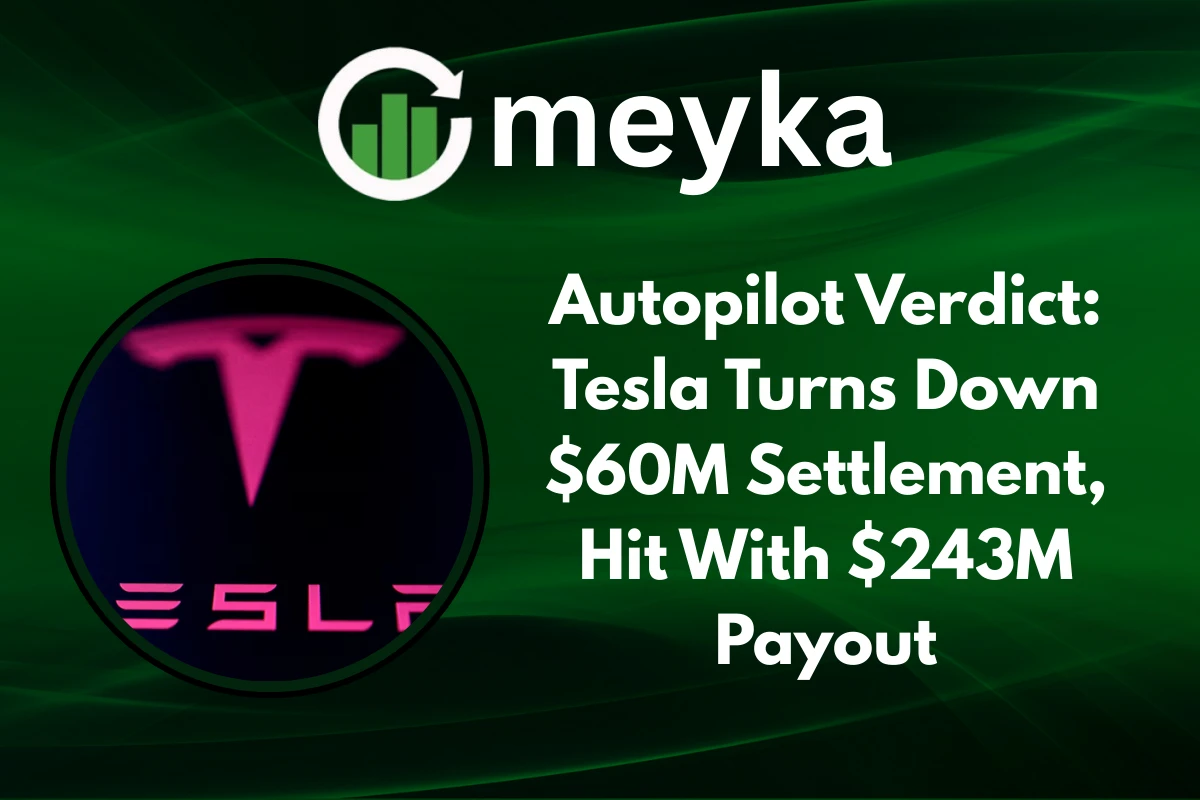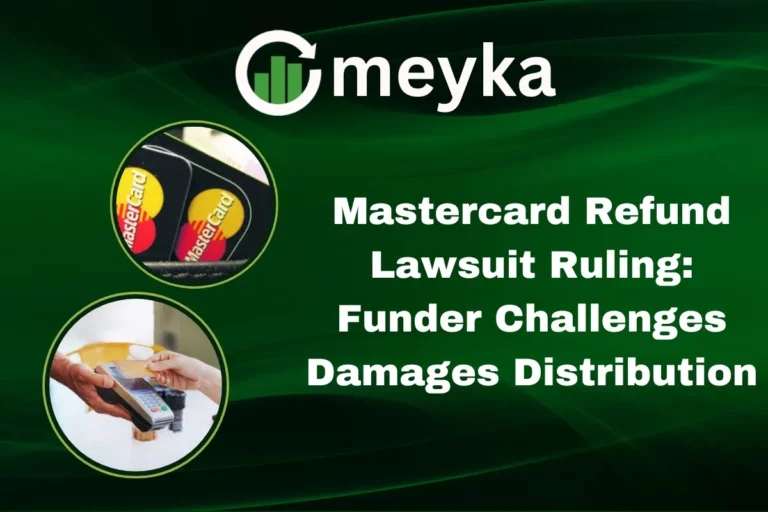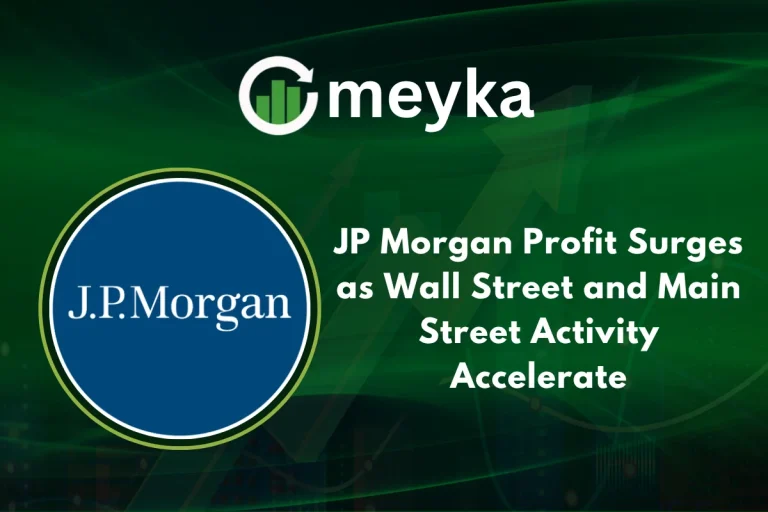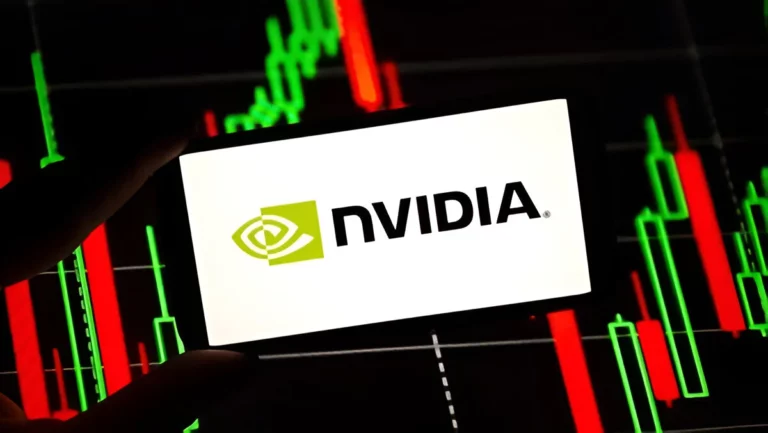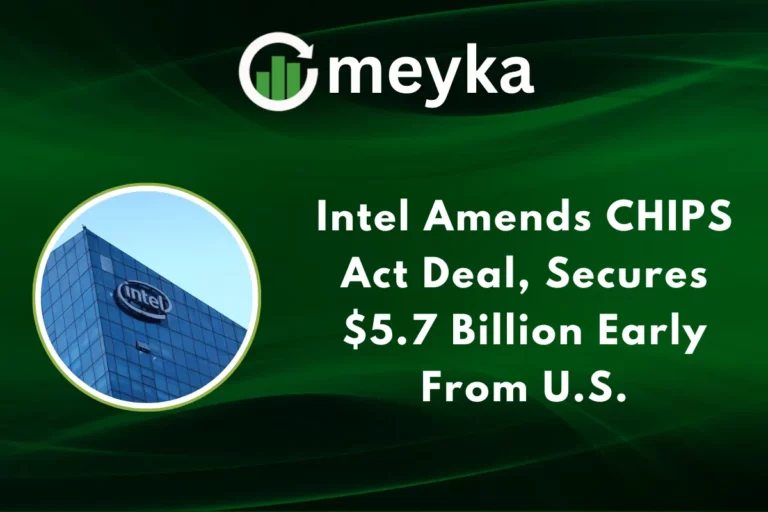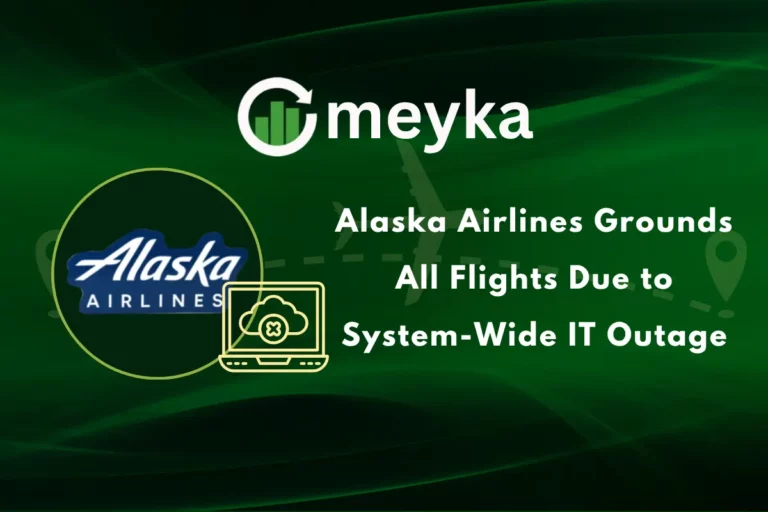Autopilot Verdict: Tesla Turns Down $60M Settlement, Hit With $243M Payout
Autopilot Verdict: Tesla Faces $243M Payout
In a landmark case, Tesla has been ordered to pay $243 million after turning down a $60 million settlement offer in a high-profile Autopilot Verdict. The case has grabbed the attention of both the automotive and tech industries as it raises critical questions about self-driving technology, consumer safety, and legal accountability.
Why did Tesla reject the $60 million settlement? According to experts, Tesla hoped to avoid setting a legal precedent that could affect future lawsuits against the company. However, the court ruled against Tesla, making it one of the largest financial penalties related to Autopilot technology to date.
This verdict highlights the growing scrutiny over semi-autonomous driving systems, as consumers and regulators demand clear accountability when accidents occur.
Details of the Autopilot Verdict
The lawsuit focused on claims that Tesla’s Autopilot system failed to prevent a serious accident, resulting in injuries and damages to the plaintiffs. Key points include:
- The plaintiffs argued that Tesla’s driver-assistance software is not fully autonomous and can be misleading for users.
- The court noted that Tesla’s marketing of Autopilot may have contributed to overconfidence among drivers, leading to accidents.
- Tesla’s decision to reject the $60 million settlement was highlighted as a risky legal strategy by analysts.
Why Is This Verdict Significant?
The Autopilot Verdict is seen as a turning point in how courts view self-driving technology liability. Legal experts suggest this case could influence:
- How companies market driver-assistance features to consumers.
- The responsibilities of automakers in educating drivers about the limitations of Autopilot systems.
- Future lawsuits involving self-driving or semi-autonomous vehicles.
A Reuters tweet emphasized the broader impact, saying, “The ruling could set a precedent for all self-driving car manufacturers regarding liability.”
The verdict also sparks broader debates about AI and automation in vehicles, as society navigates the balance between technological advancement and consumer protection.
Tesla’s Response and Industry Reaction
Tesla has stated it plans to review the verdict and explore potential appeals. The company has consistently defended Autopilot, highlighting its safety features, frequent software updates, and data-driven improvements.
Industry observers note that the verdict could prompt automakers to reassess marketing strategies for driver-assistance systems, especially regarding claims that may overstate Autopilot’s capabilities. Safety advocates are calling for stricter regulations and clearer guidelines to ensure drivers understand the limitations of semi-autonomous technology.
Stock market reactions were immediate. TradingDots tweeted, “Tesla shares fluctuate after Autopilot Verdict, investors weighing impact of $243M payout”
This financial impact, combined with reputational considerations, may lead Tesla and other manufacturers to invest more in driver education and monitoring technology.
How Autopilot Technology Works
Tesla’s Autopilot system assists drivers with steering, braking, and acceleration, but it is not a fully autonomous driving system. Drivers are required to remain attentive and maintain control of the vehicle.
Why do accidents still happen? Experts point out that misunderstanding Autopilot’s capabilities is a major factor. Drivers may overestimate the system’s ability to handle complex traffic situations, which can lead to serious incidents.
The verdict underscores the importance of responsible usage, clear communication from manufacturers, and regulatory oversight. It may also drive innovation in driver alert systems, collision avoidance, and AI-assisted monitoring.
Implications for Tesla and Self-Driving Cars
The $243 million payout could have both financial and reputational effects for Tesla. Analysts suggest:
- Increased scrutiny of Tesla’s marketing claims about Autopilot.
- Pressure on the company to implement additional safety measures and driver monitoring systems.
- Greater public awareness about the risks of semi-autonomous technology.
The case may also accelerate regulatory frameworks in the United States, shaping how self-driving and semi-autonomous vehicles are tested, certified, and marketed. Automakers may face more legal obligations to educate users and limit misleading claims.
Social Media and Public Opinion
The case has generated wide discussions across social media platforms. Many users debate Tesla’s responsibility versus driver accountability.
The NY Post tweet highlighted public reaction, noting that some see the verdict as a win for consumer protection, while others argue it may stifle innovation in self-driving technology.
Investors are closely watching Tesla’s next steps, and the automotive community is rethinking how Autopilot features are presented to users to avoid future legal challenges.
People are also sharing their thoughts on Reddit about the Autopilot Verdict and discussing what could happen in the future.
What Happens Next?
Tesla may consider appealing the verdict to reduce financial liability. Legal experts expect this case to be referenced in future lawsuits, serving as a guideline for handling liability in semi-autonomous vehicles.
Consumers and safety advocates are urging automakers to clarify the limitations of driver-assistance systems, emphasizing the importance of clear instructions, driver alerts, and monitoring technologies.
The verdict also raises questions about how AI and machine learning are integrated into vehicles and the role of human oversight in semi-autonomous driving systems.
Conclusion
The Autopilot Verdict is a defining moment for Tesla and the broader self-driving car industry. By rejecting the $60 million settlement, Tesla faced a $243 million payout, emphasizing the importance of safety, transparency, and legal responsibility in autonomous technology.
As self-driving systems become more common, this case serves as a warning to automakers about the critical balance between innovation and consumer safety. The verdict will likely influence future policies, regulations, and marketing strategies for autonomous and semi-autonomous vehicles worldwide.
FAQ’S
The Autopilot Verdict requires Tesla to pay $243 million after rejecting a $60 million settlement in a lawsuit over its semi-autonomous driving system.
Tesla likely rejected the settlement to avoid setting a legal precedent that could affect future lawsuits involving Autopilot and self-driving technology.
The $243 million payout impacts Tesla financially and may lead to stricter safety measures, clearer driver guidance, and increased scrutiny of Autopilot marketing.
The lawsuit claims Tesla’s Autopilot can be misleading, contributing to accidents because drivers may overestimate the system’s capabilities.
Yes, the verdict could set a legal precedent for all semi-autonomous car manufacturers regarding liability, safety, and consumer warnings.
Disclaimer
This is for informational purposes only and does not constitute financial advice. Always do your research.
